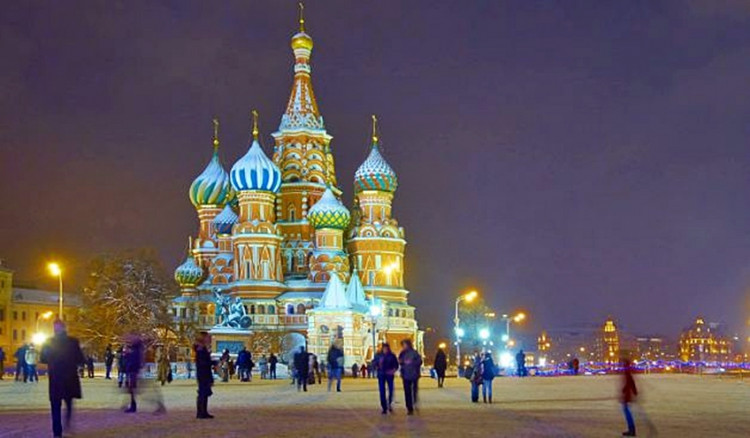Russia is raging against new United States sanctions imposed for its role in the Novichok nerve agent poisoning of ex-Russian spy Sergei Skripal and his daughter, Yulia, last March in Salisbury, England.
The Kremlin furiously denounced the sanctions as "unacceptable" even as the Russian ruble plummeted in value as investors fled the currency fearful of the impact of the new U.S. sanctions. The ruble tumbled to 66.48 against the dollar, its lowest level since November 2016.
The RTS Index, the official indicator of Moscow Exchange, chimed in, falling 3.2 percent while the MOEX Russia Index (the main ruble-denominated benchmark of the Russian stock market) dropped nearly 1.2 percent before recovering slightly.
Kremlin spokesman Dmitry Peskov branded the new restrictions as unacceptable adding that it is also unlawful to link the sanctions on the case in Salisbury, said Kremlin spokesman Dmitry Peskov.
The U.S. Department of State announced the tough sanctions Aug. 9 by issuing the formal determination that triggered automatic sanctions under the Chemical Weapons Convention (CWC), an arms control treaty signed in January 1993. CWC outlaws the production, stockpiling, and use of chemical weapons and their precursors. Russia is a signatory to the CWC.
The State Department's determination Russia violated the CWC ignited the sanctions limiting exports to Russia and financing of the deals with the country. The new sanctions take effect on August 22 and will freeze hundreds of millions of dollars in future exports to Russia.
The State Department said the new sanctions were in response to the use of a Novichok nerve agent in an attempt to assassinate Skripal.
Experts said the biggest impact from the initial U.S. sanctions is a ban on granting licenses to export sensitive national security goods to Russia. These goods have included items like electronic devices and components, along with test and calibration equipment for avionics. These exports were allowed on a case-by-case basis before the new sanctions.
A second, more painful, round of sanctions go into effect in three months unless Russia provides reliable assurances it won't use chemical weapons in the future. Russia also has to agree to on-site inspections by the UN, which are conditions Russia will reject outright.
In March sanctions were imposed against 19 Russian citizens and five entities by the Department of the Treasury for interfering in the 2016 US presidential election, which was the toughest steps against Moscow by Trump.
Washington that same month ordered the expulsion of 60 Russian diplomats, and the closure of Russia's consulate general in Seattle, Washington.






